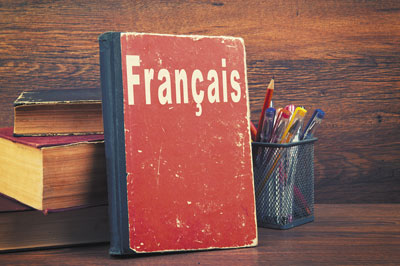Accentuate the Positive
Inability to sound French exposes world of diversity
No matter how hard I try, I simply cannot pull off a decent French accent. My tongue never cooperates while my mouth turns to mush.

Really, I know only a few words of the romantic language. Bonjour. Oui. Hors d’oeuvre — I definitely know how to spell THAT one. Merci. Au revoir. You get it, the basics.
While some of you learned French in high school, I studied Spanish, which, as it turns out, is a useful language in this industry.
Oh, who am I kidding? My Spanish is as rusty as a barrel left outside over an Oregon winter. Spanish class was more like an excuse to throw fiestas y comer mucho than to actually estudiar.
Yes, I feel like a fool when attempting a French accent — of which there are many, from Montreal to Burgundy.
“Pinot Noir,” for example, I say it well enough: pee-no n’war. But mine is missing that French flair that sounds so eloquent and effortless from a native speaker and so awkward from someone like me.
And so, I admit failure. I’ve come to terms with sounding American to my native-French speaking friends. To be fair, I don’t expect them to pronounce words the way I do either.
I’ve always been fascinated with the different accents from around the world and inside our own country, too. They identify the place you’re from, sometimes, even down to the neighborhood. It’s almost as if accents are the result of your own terroir: your location, your cultural climate, your roots. We should celebrate these variations just as we praise wine with its own individuality.
To all the French producers who have recently arrived in Oregon to experience the New World of winemaking, I welcome you. Your expertise, insight and friendship are treasures.
Please take no offense if I lean in a little closer when you’re speaking, as my ear for accents is as bad as my tongue. On the other hand, I may be leaning in for the kissing of the cheeks, which I’ve also yet to master.
Merci! Au revoir.










